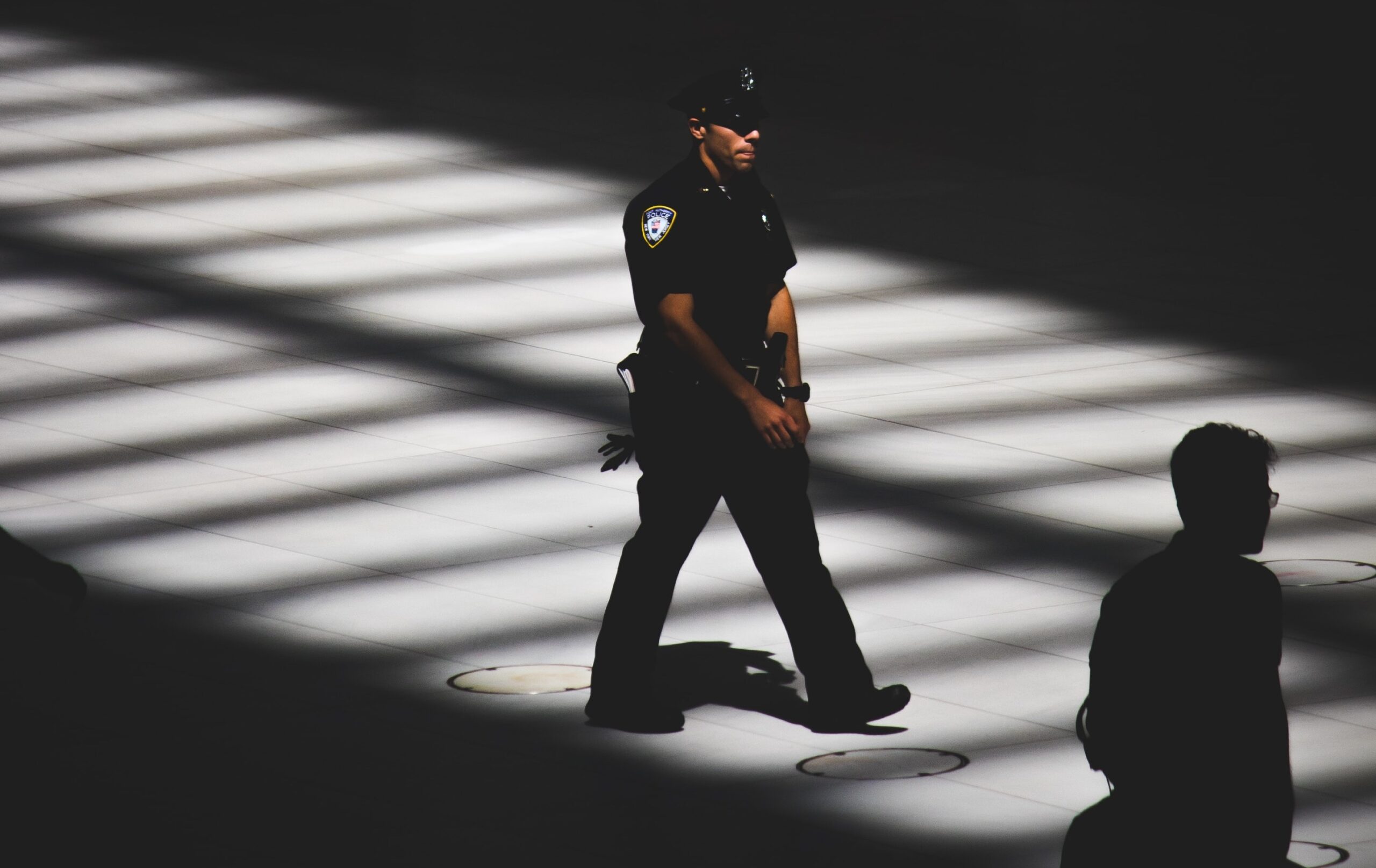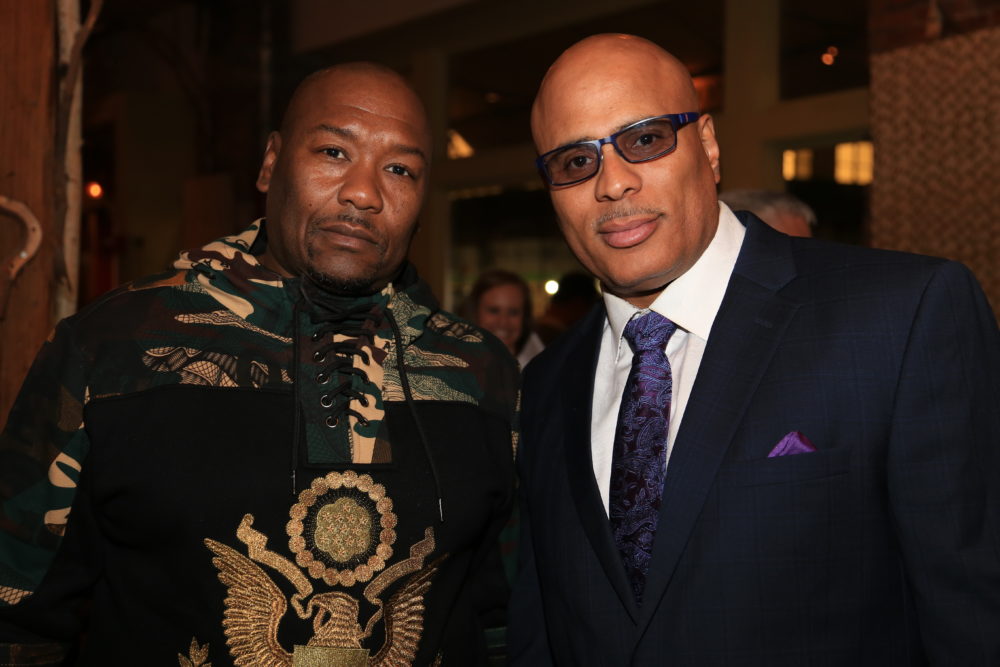It’s Time to Make Police Disciplinary Records Public
Until records are public, the kind of misconduct that leads to killings and wrongful convictions canu0027t be reined in.
07.02.20 By Rebecca Brown
As protests calling for police accountability sweep the nation, it is important to consider how the treatment Black Americans receive on our streets not only translates into police violence but into wrongful convictions.
The first step in the path to a wrongful conviction is often the development of a suspect by law enforcement. Racial bias has been shown to influence this process, leading law enforcement to pursue and develop a case around the wrong suspect for a crime. And it’s not uncommon for officers with a history of misconduct, which can include incidents of racial bias, to be connected with cases of wrongful conviction.
Often, when police misconduct is uncovered in a wrongful conviction case, a subsequent review of that officer’s other cases reveals several more wrongful convictions and a litany of complaints related to street encounters with law enforcement. Unfortunately, laws in half the states permit the disciplinary history of law enforcement to remain confidential, meaning by the time this history of misconduct is discovered, communities may have endured preventable abuse on the streets while others may have been wrongfully incarcerated for years. In some states, the law explicitly bars these records from public view, while in others, police agencies hide these records under ambiguous legal precedents, making true accountability impossible.
Consider Jon Burge, a Chicago detective and area commander, who, along with his subordinates, were known as “the Midnight Crew,” “Burge’s Ass Kickers,” and the “A-Team.” Burge and his team coerced countless confessions — many of them false — from suspects through beatings, suffocations, mock executions at gunpoint, sexual assault, and the use of electroshock machines on suspects’ genitals, gums, fingers, and earlobes. They directly participated in or approved the torture of at least 118 Chicagoans, most of whom were Black.
Through these abusive tactics, Burge and his officers contributed to many wrongful convictions that have since been overturned, leading the City of Chicago to pay out nearly $60 million to survivors of his abuse. Yet because of exemptions written into Illinois’s Freedom of Information Act, the disciplinary records of some of these officers are still being withheld from the public.
As lawmakers across the country grapple with how to ensure robust accountability, they are introducing sweeping reforms, from chokehold bans to the creation of state databases that are intended to track and identify law enforcement officers with troubling disciplinary records. Whether these measures will improve accountability is to be seen.


Police need to be licensed by the state, that would help weed out bad cops! Police violence is out of control